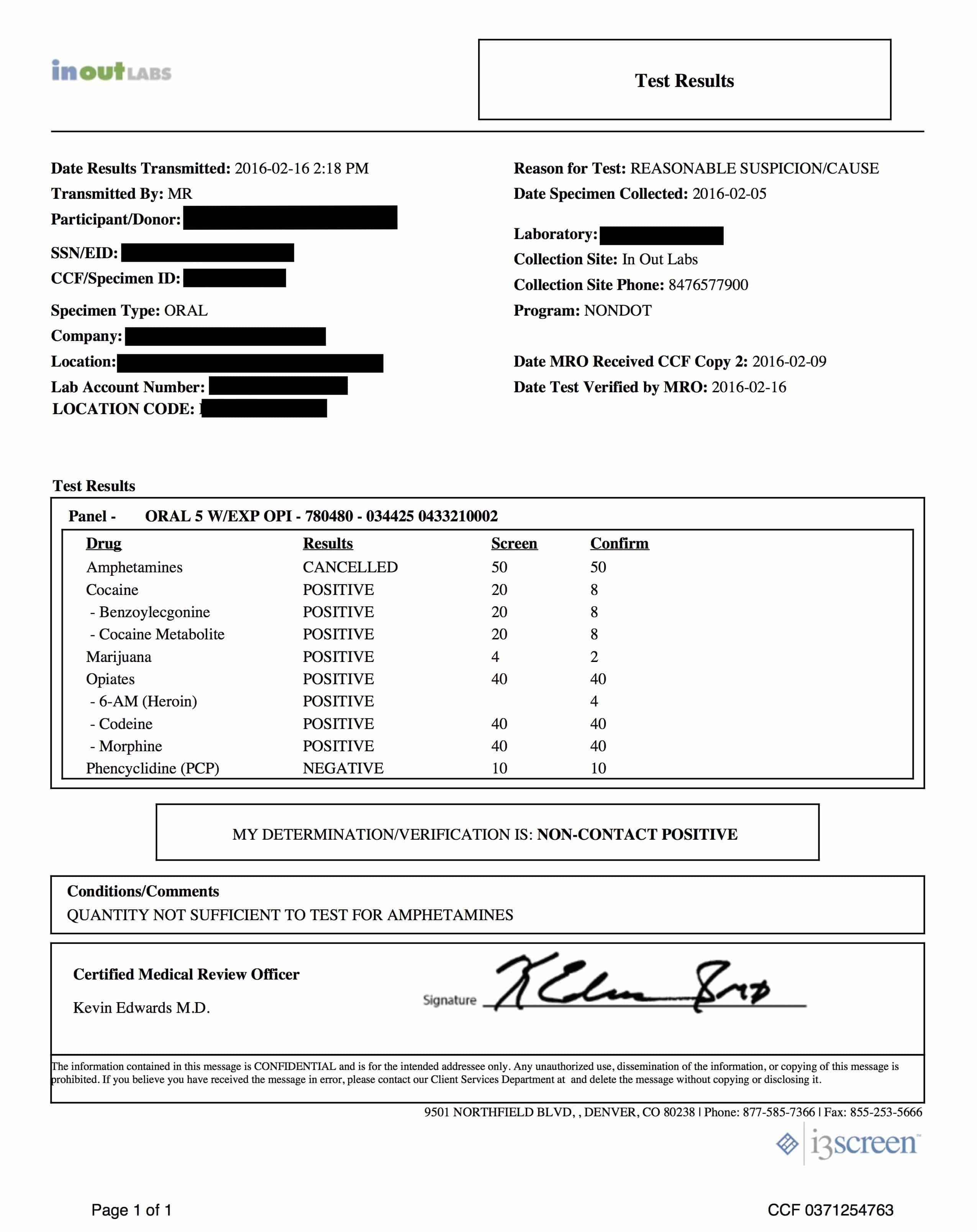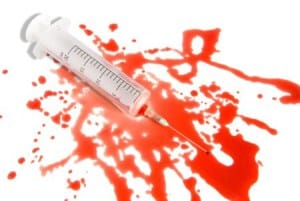It was late on a Friday morning and the phone rang. “Tim, I need your help on something.” It was Sheryl, an HR attorney I know well.
She proceeded to tell me that she had received a call from a client, a small company in Chicago. One of the employees found a bloody syringe on the floor of the men’s room in the warehouse.
If this were your company, what would you do?
I had to pause and think for a moment. You never know on these things. It could be an insulin-dependent employee, or something very dangerous. After a few clarifying questions, we decided to test each of the warehouse employees.
Today.
The company’s written policy mentioned drug testing, but because it was vague, Sheryl drafted a consent form for each employee to sign to make sure the employer was protected.
By 2:30 p.m. we had a mobile collector on site. It was best not to give anyone a chance to prepare. Or leave. Annette was equipped with lab-based oral fluid testing devices — a testing method we like for this type of situation. They can detect recent use and are nearly impossible to cheat.
Annette understood why she was there, and her radar was up looking for someone who may be an IV drug user. Yet no one displayed visible signs of track marks or impairment.
Thirteen employees were tested. Ten passed.
Two failed for marijuana alone, which is not ideal, but that’s not why we were there on that day. The results of the test for the third solved the mystery.

Any drug or alcohol use, even off duty, can affect performance negatively and can increase risk of a work-related accident or injury.
Lessons learned:
- Always have a well-written policy in place.
- Plan ahead and know what you would do in a situation like this.
- If 25% of your workforce were suddenly to fail a drug test, what would you do? Could you afford to fire all of them? Make sure your policy gives you some discretion.
- Test when you hire.
- Random test after you hire.
- Test after an accident.
- Test for suspicion.
- Test. Test. Test.
Your non-using employees, your customers, and your insurance carrier will thank you.
Whether you have been putting your drug testing program on the back burner, or you have a policy or program that needs to be updated, InOut Labs is here to help.

